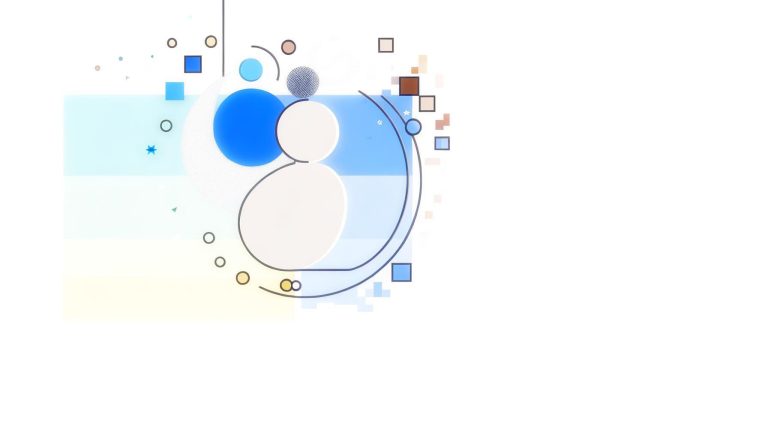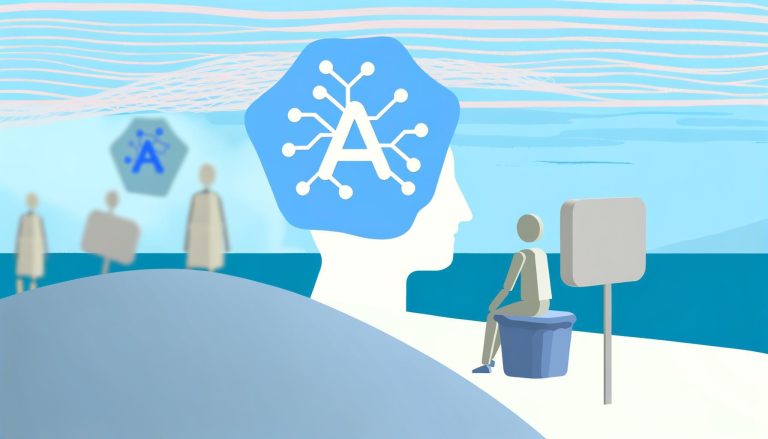Understanding and managing Obsessive-Compulsive Personality Disorder (OCPD) can be an intricate process, but with advancements in Artificial Intelligence (AI), there are now effective tools and supports available. This article will explore the various AI-based supports that can assist individuals in comprehending and dealing with OCPD.
Introduction to Obsessive-Compulsive Personality Disorder (OCPD)
Obsessive-Compulsive Personality Disorder (OCPD) is a mental health condition characterized by a chronic preoccupation with orderliness, perfectionism, and control. Individuals with OCPD often have a strong need for rules and schedules, and they may struggle with flexibility, efficiency, and openness in both personal and professional settings. OCPD is distinct from Obsessive-Compulsive Disorder (OCD), as the former is more about a person’s overarching personality and routine approach to life, rather than specific compulsions or obsessions.
Role of AI in Understanding and Managing OCPD
Artificial Intelligence has introduced significant advancements that offer innovative ways to understand and manage OCPD. AI-powered tools can provide personalized support, insights, and coping strategies for individuals who experience symptoms of this personality disorder.
AI-Powered Self-Assessment Tools
AI-based self-assessment tools can help individuals recognize symptoms of OCPD and other related conditions. These tools use sophisticated algorithms that analyze responses to various questions and provide feedback based on the individual’s answers.
- Accuracy: AI tools utilize large datasets to improve the accuracy of assessments.
- Confidentiality: Self-assessment can be conducted in a private setting, ensuring confidentiality and comfort.
- Accessibility: These tools are readily available online, making them accessible to anyone with an internet connection.
AI-Driven Behavioral Insights and Suggestions
AI can analyze patterns in behavior and provide insights that help individuals understand their tendencies and symptoms related to OCPD. By tracking behavior and activity over time, AI tools can pinpoint specific aspects of an individual’s routine or responses that align with OCPD characteristics.
- Personalized Insights: AI can provide tailored recommendations and insights based on the user’s specific behavior patterns.
- Trend Analysis: AI can identify trends over time, helping individuals see improvements or areas needing attention.
- Actionable Suggestions: Based on the analysis, AI tools can offer actionable suggestions to improve day-to-day functioning and mental well-being.
Virtual Therapy and Support Groups
Virtual therapy and AI-powered support groups can be instrumental for individuals with OCPD. These platforms use AI to connect people with similar experiences, moderated by mental health professionals, offering a safe and structured environment to discuss challenges and receive support.
- Convenience: Virtual sessions can be attended from the comfort of one’s home.
- Peer Support: Connecting with others facing similar challenges can provide a sense of community and shared understanding.
- Professional Guidance: Licensed professionals can offer therapeutic guidance to manage symptoms effectively.
Benefits of AI Support in Managing OCPD
AI-based tools offer several benefits that make them a valuable resource for managing OCPD.
Personalization
One of the biggest advantages of AI is its ability to personalize insights and recommendations. By analyzing individual data, AI can offer specialized advice that’s tailored to the person’s unique symptoms and lifestyle.
24/7 Availability
AI tools are available round-the-clock, providing support whenever it’s needed. This constant availability is particularly beneficial for individuals who may experience symptoms during off-hours when traditional support might not be accessible.
Data-Driven Insights
AI systems are built on vast amounts of data, making their insights highly reliable and evidence-based. This data-driven approach ensures that the guidance provided is not only personalized but also rooted in proven research.
Increased Accessibility
AI tools bring mental health support to a broader audience, overcoming barriers such as geographic location, financial constraints, and social stigmas associated with seeking help for mental health conditions.
Practical Tips for Using AI Tools for OCPD
Integrating AI tools in daily routines can significantly help manage OCPD. Here are some practical tips to maximize the benefits of these tools:
Regular Tracking
Use AI-powered apps to consistently track mood and habits. Regular inputs help the AI generate more accurate and valuable insights.
Active Participation in Virtual Groups
Engage actively in virtual therapy sessions and support groups. Sharing experiences and applying learned strategies can enhance the efficacy of the support received.
Utilize Personalized Recommendations
Implement the personalized recommendations provided by the AI tools. Whether they suggest changes in daily routines or new coping strategies, actively trying them out can lead to noticeable improvements.
Set Achievable Goals
Leverage AI tools that offer goal-setting features. Setting small, achievable goals can help manage symptoms of OCPD and provide a sense of accomplishment, boosting overall mental health.
Seek Professional Guidance When Needed
While AI tools are beneficial, they should complement, not replace, professional guidance. Consult mental health professionals to verify the insights provided and enhance the management plans as necessary.
Conclusion
AI-supported tools are revolutionizing the understanding and management of Obsessive-Compulsive Personality Disorder. These tools offer personalized, accessible, and data-driven insights that can help individuals manage their symptoms more effectively. With regular use, these AI-powered applications can provide valuable support in improving mental well-being and quality of life for those experiencing OCPD.
Are you looking for tools to help you track habits and moods to manage OCPD? The Zenora app can assist with daily journal entries, goal setting, and provide insightful statistics, making it simpler to understand and manage your mental health. Explore the features and find the balance you seek in your life.





